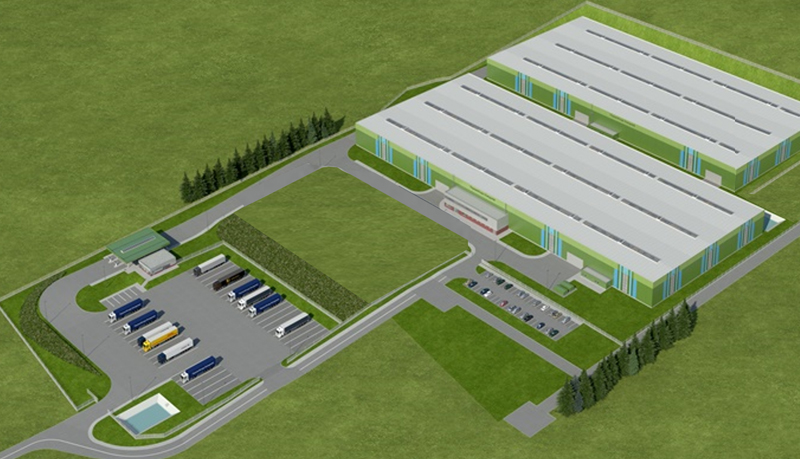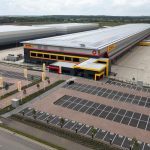ThyssenKrupp invests in modernizing warehouses and logistics services in Europe
ThyssenKrupp Materials Services, the distribution and service provider of the ThyssenKrupp Group, is investing around 70 million euros in the modernization and expansion of its European warehousing and logistics network. A state-of-the-art logistics center and new warehouses are to be built in Germany, Poland and Hungary.
The investments are an important part of ThyssenKrupp Materials Services’ strategy. Under its ‘Materials as a Service’ approach, the western world’s biggest materials distributor is focusing on expanding its portfolio of services supplementing its core business.
“Expanding and modernizing our capacities are important elements of our growth,” says Klaus Keysberg, Chief Executive Officer of ThyssenKrupp Materials Services. “Innovative logistics, automation and digitalization will help us improve our performance and our productivity. That means we can cater even better to the individual requirements of our customers while they can concentrate on their core business.” Connected processing equipment and the digital integration of the company’s sites will ensure flexible and perfectly coordinated logistics processes and services.
A state-of-the-art logistics center with around 36,000 square meters of storage space is to be built in Rotenburg/Wümme (Lower Saxony). The company is investing around 60 million euros in the site, which will store up to 20,000 tons of materials to guarantee maximum material availability. The ground-breaking is planned for the end of the year. Serving customers in the north of Germany, the new logistics and processing center is scheduled to go into operation in 2021.
ThyssenKrupp Materials Services is investing a total of 11 million euros in the expansion of its sites in Nowe Marzy, Poland and the Hungarian capital Budapest. Two new modern warehouses are to start operation at the end of September. With around 13,500 square meters of storage space, the new warehouse in Nowe Marzy is an addition to the hub in north Poland, which was built in 2017. The new facility in Budapest will cover a space of around 6,500 square meters.














